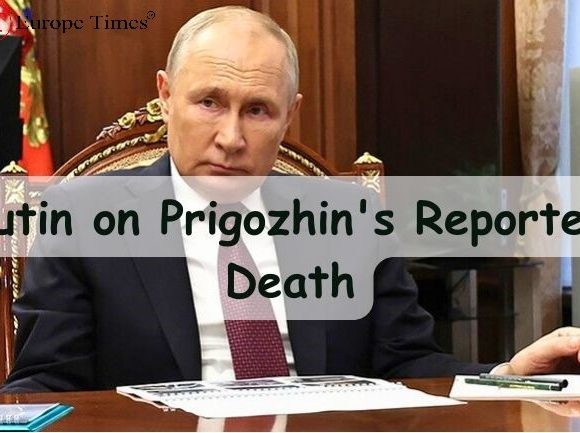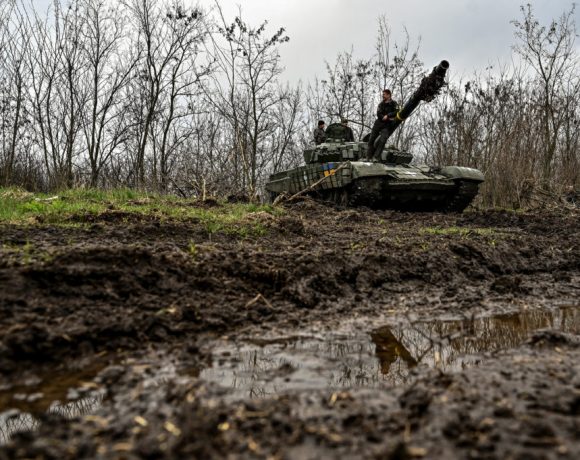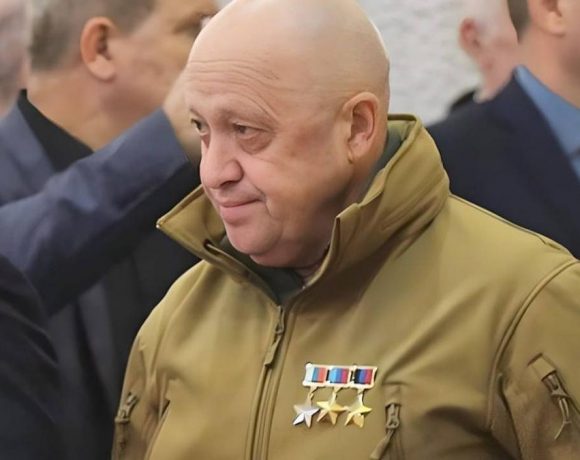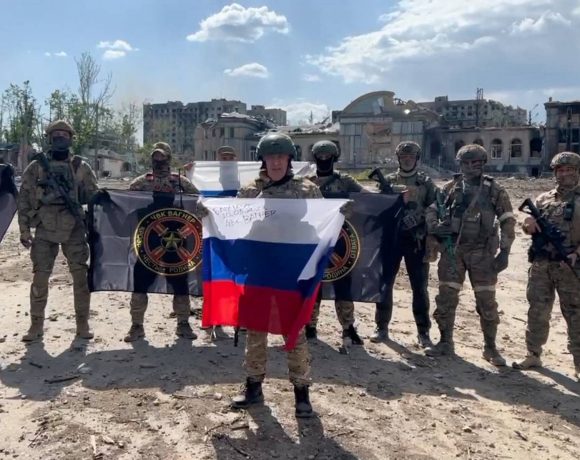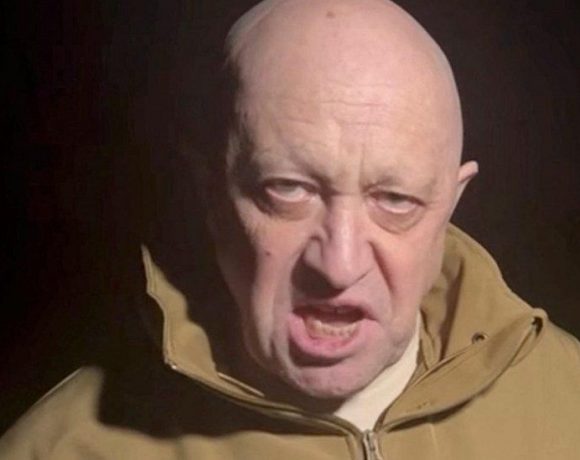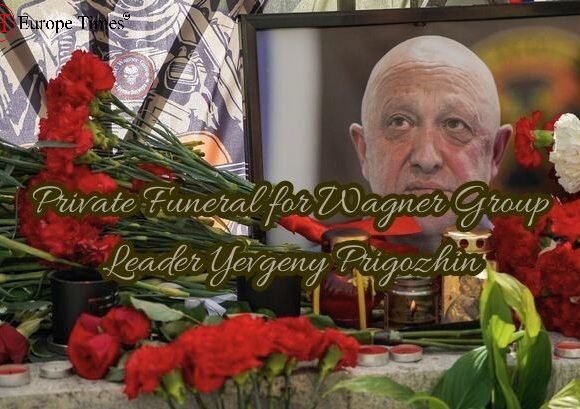
Yevgeny Prigozhin, the head of the Wagner Group, has been quietly buried in a private ceremony in his hometown of St. Petersburg, according to his press service. The ceremony, held in a restricted format, was conducted in St. Petersburg, allowing those who wanted to pay their respects to visit the Porokhovskoe cemetery. Russian authorities confirmed Prigozhin’s death following genetic analysis of ten bodies recovered from a plane crash near Moscow on August 23. The Kremlin has refuted claims of responsibility for the crash. Speculation had mounted about Prigozhin’s fate since an aborted armed uprising he led in June, leading many to refer to him as a “dead man walking.”
All ten individuals on board the crashed plane, including Prigozhin’s associate Dmitry Utkin, lost their lives in the incident in the Tver region. The Wagner press service communicated the details of Prigozhin’s funeral in a concise statement via Telegram. No additional information was provided. Prigozhin had maintained an air of mystery during his life, often disguising his identity using wigs and fake beards. Even in death, the enigma persists.
Throughout the day in St. Petersburg, rumors circulated about the location of Prigozhin’s final resting place, as no advance notice or official announcement was given regarding the timing and location of the burial. Several cemeteries were speculated upon on social media, but the actual location was different from all of them. Prigozhin’s representatives eventually disclosed that he had been laid to rest at Porokhovskoe Cemetery on the outskirts of St. Petersburg, next to his deceased father. The funeral lacked military honors and reportedly had only a small attendance.
The cemetery was closed to the public for the day, heavily guarded by law enforcement. The perimeter was lined with police, sniffer dogs, anti-drone units, and riot police, indicating the seriousness of the security measures in place. Given that the Wagner mutiny orchestrated by Prigozhin was considered a betrayal by the Kremlin, minimal attention was preferred by Russian authorities.
Cemetery officials cited Prigozhin’s family wishes in confirming the timing of the funeral, which reportedly took place at 16:00 local time on Tuesday. Reports indicated that Prigozhin’s black-yellow-red Wagner flag was displayed at the burial site. Metal detectors were set up at the entrance of the cemetery in anticipation of a potential influx of visitors. The funeral of Valery Chekalov, Prigozhin’s chief deputy who was also on the crashed plane, occurred on the same day at St. Petersburg’s Severnoe Cemetery. Chekalov, 47, was believed to oversee Prigozhin’s non-military business interests, which Western governments assert are used to fund the mercenary group.
Despite Wagner fighters’ pivotal role in Russia’s full-scale invasion of Ukraine in February 2022, President Vladimir Putin’s spokesperson Dmitry Peskov confirmed that Putin would not attend Prigozhin’s funeral.
Picture Courtesy: Google/images are subject to copyright

